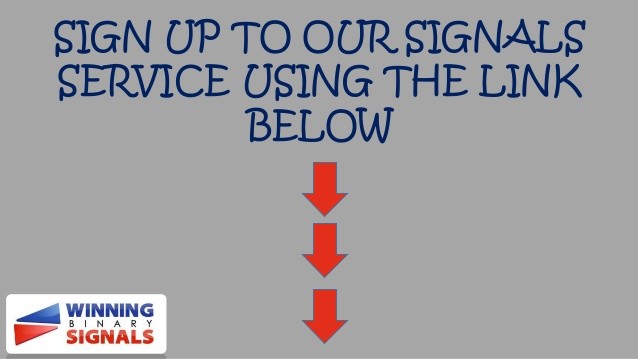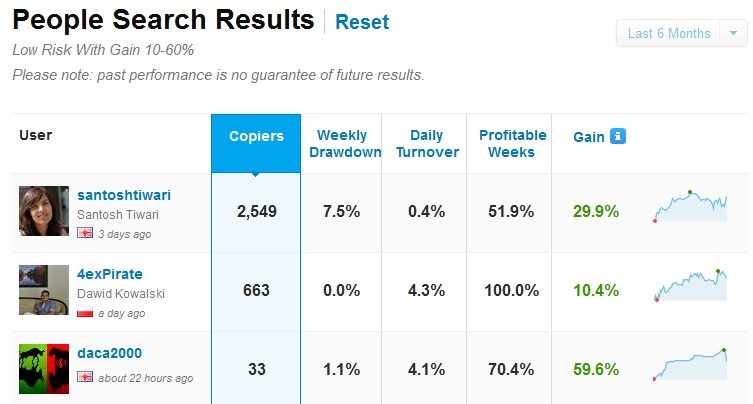Top 5 Forex Risks Traders Should Consider
Post on: 23 Июль, 2015 No Comment

The foreign exchange market, also known as the forex market, facilitates the buying and selling of currencies around the world. Like stocks, the end goal of forex trading is to yield a net profit by buying low and selling high. Forex traders have the advantage of choosing a handful of currencies over stock traders who must parse thousands of companies and sectors. In terms of trading volume, forex markets are the largest in the world. Due to high trading volume, forex assets are classified as highly liquid assets. The majority of foreign exchange trades consist of spot transactions. forwards. foreign exchange swaps. currency swaps and options. However as a leveraged product there is plenty of risk associated with forex trades that can result in substantial losses. (For more, see: Forex Broker Summary: Easy Forex .)
Leverage Risks
In forex trading, leverage requires a small initial investment, called a margin. to gain access to substantial trades in foreign currencies. Small price fluctuations can result in margin calls where the investor is required to pay an additional margin. During volatile market conditions, aggressive use of leverage will result in substantial losses in excess of initial investments. (For more, see: Forex Leverage: A Double-Edged Sword .)
Interest Rate Risks
In basic macroeconomics courses you learn that interest rates have an effect on countries exchange rates. If a country’s interest rates rise, its currency will strengthen due to an influx of investments in that country’s assets putatively because a stronger currency provides higher returns. Conversely, if interest rates fall, its currency will weaken as investors begin to withdraw their investments. Due to the nature of the interest rate and its circuitous effect on exchange rates, the differential between currency values can cause forex prices to dramatically change. (For more, see: Why Interest Rates Matter For Forex Traders .)
Transaction Risks
Transaction risks are an exchange rate risk associated with time differences between the beginning of a contract and when it settles. Forex trading occurs on a 24 hour basis which can result in exchange rates changing before trades have settled. Consequently, currencies may be traded at different prices at different times during trading hours. The greater the time differential between entering and settling a contract increases the transaction risk. Any time differences allow exchange risks to fluctuate, individuals and corporation dealing in currencies face increased, and perhaps onerous, transaction costs. (For more, see: Corporate Currency Risks Explained .)
Counterparty Risk

The counterparty in a financial transaction is the company which provides the asset to the investor. Thus counterparty risk refers to the risk of default from the dealer or broker in a particular transaction. In forex trades, spot and forward contracts on currencies are not guaranteed by an exchange or clearing house. In spot currency trading, the counterparty risk comes from the solvency of the market maker. During volatile market conditions, the counterparty may be unable or refuse to adhere to contracts. (For more, see: Cross-Currency Settlement Risk .)
When weighing the options to invest in currencies, one must assess the structure and stability of their issuing country. In many developing and third world countries, exchange rates are fixed to a world leader such as the US dollar. In this circumstance, central banks must sustain adequate reserves to maintain a fixed exchange rate. A currency crisis can occur due to frequent balance of payment deficits and result in devaluation of the currency. This can have substantial effects on forex trading and prices. (For more, see: Top Ten Reasons Not to Invest In The Iraqi Dinar .)
Due to the speculative nature of investing, if an investor believes a currency will decrease in value, they may begin to withdraw their assets, further devaluing the currency. Those investors who continue trading the currency will find their assets to be illiquid or incur insolvency from dealers. With respect to forex trading, currency crises exacerbate liquidity dangers and credit risks aside from decreasing the attractiveness of a countrys currency. This was particularly relevant in the Asian Financial Crisis and the Argentine Crisis where each countrys home currency ultimately collapsed. (For more, see: Examining Credit Crunches Around The World .)
The Bottom Line
With a long list of risks, losses associated with foreign exchange trading may be greater than initially expected. Due to the nature of leveraged trades, a small initial fee can result in substantial losses and illiquid assets. Furthermore time differences and political issues can have far reaching ramifications on financial markets and countries’ currencies. While forex assets have the highest trading volume, the risks are apparent and can lead to severe losses.














